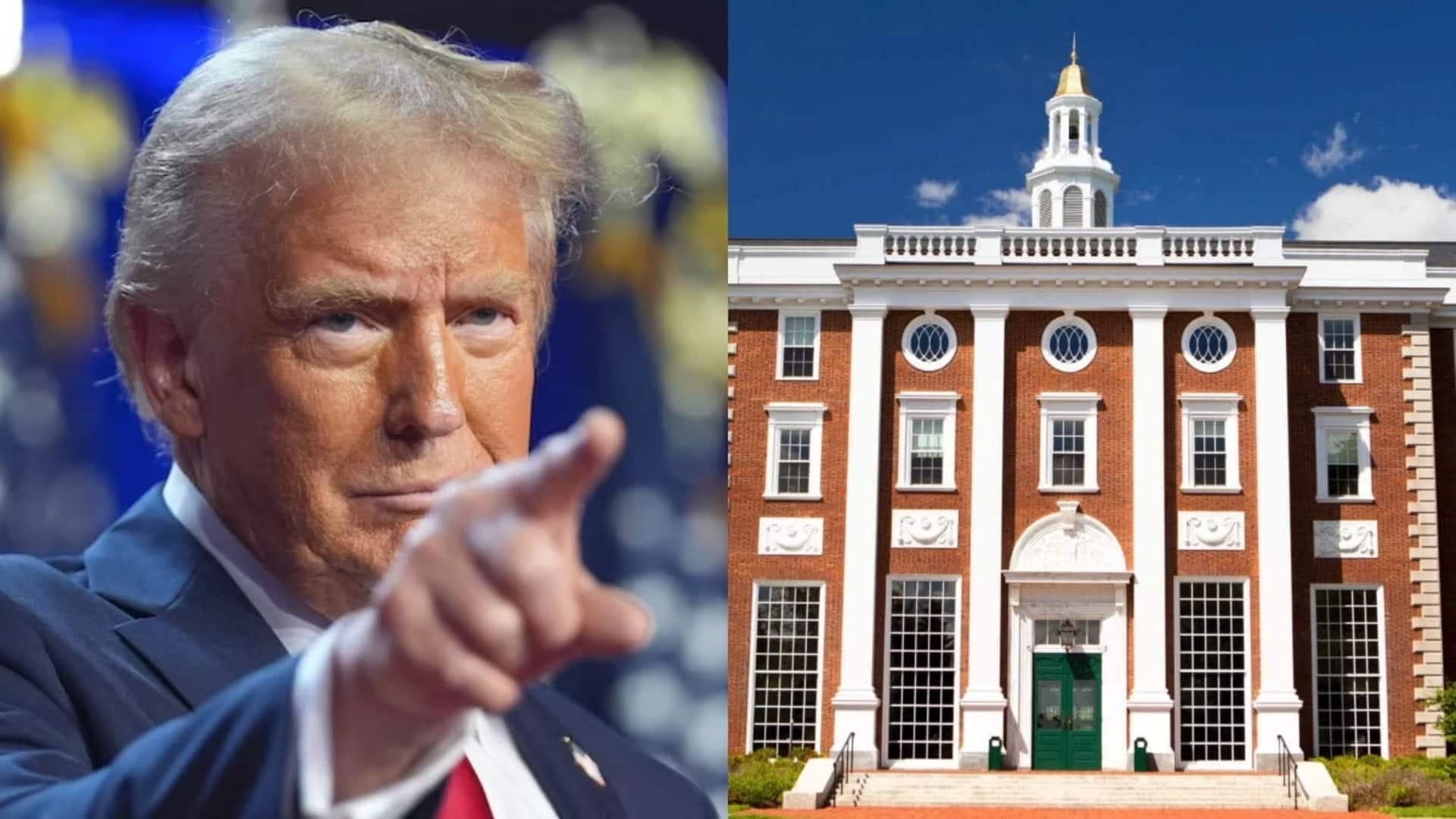
Trump-era funding cuts halt $180M in Harvard's military research
What's the story
Trump administration's decision to cut federal funding to Harvard University has brought an abrupt end to an estimated $180 million in US military projects. The halt affects years-long initiatives and disrupts programs across several universities, not just Harvard, according to an analysis by Govini, a defense software company. In 2025 alone, about 103 grants worth some $14 million will come to a standstill due to this decision.
Project impact
Harvard's military research projects halted
The funding cuts have also brought an end to several important research projects at Harvard. One such project was led by Professor Katia Bertoldi of the Harvard School of Engineering and Applied Sciences. The $6 million Pentagon-funded project, which was developing shape-changing structures with military applications, was suddenly terminated two weeks ago despite being at a critical juncture in its research cycle.
Official stance
Defense Department's response to funding cuts
The Department of Defense's Multidisciplinary University Research Initiative funded Bertoldi's project. She was working on origami-based technology for reconfigurable antennas and deployable shelters like field hospitals. Since 2020, the Pentagon, Defense Advanced Research Projects Agency (DARPA), and every branch of the US military have given Harvard 418 grants worth $180 million, according to Govini's analysis.
Funding justification
Pentagon spokesperson explains funding cuts
A Pentagon spokesperson explained that Secretary of Defense Pete Hegseth "directed the termination of several programs, contracts, and grants that were not aligned with the Department's priorities to cut wasteful spending, implement the President's orders, and reallocate savings to mission-critical priorities." The majority of these grants were allocated for military medical research as well as basic and applied scientific research.
Legal battle
Harvard's lawsuit and potential strategic implications
Harvard has filed a lawsuit to restore the funding, calling the cuts an unconstitutional attack on its free-speech rights. The research cancellations impact extensive collaborative networks involving researchers from other institutions, such as the University of Pennsylvania and Georgia Tech. Scientists have warned that these cuts could have strategic implications, considering China's heavy investment in research.